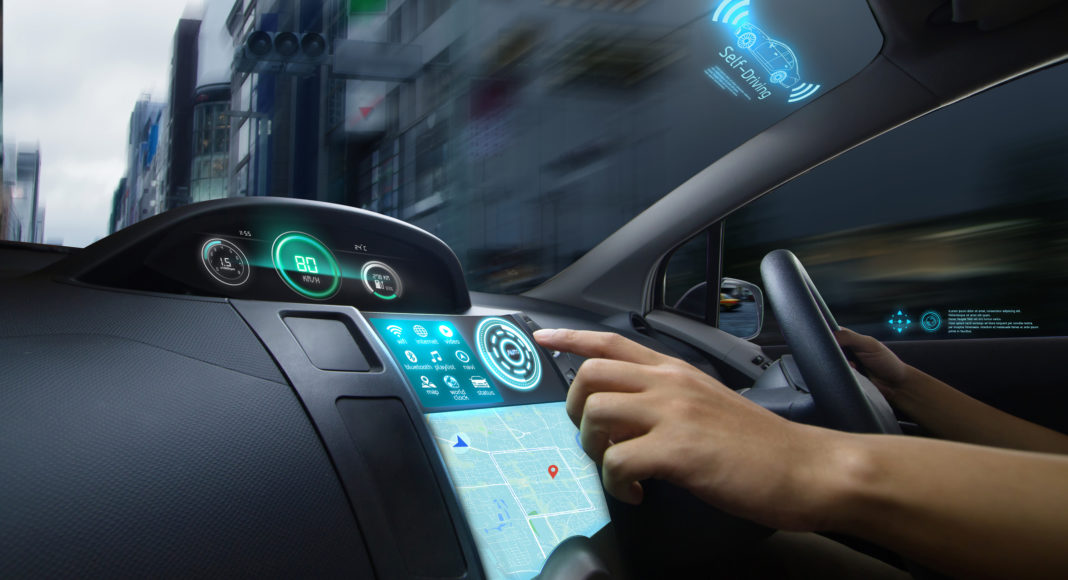Self-driving vehicles could be seen on British roads for the first time later this year, the Department for Transport (DfT) has announced.
Following a call for evidence, the government has outlined how vehicles fitted with Automated Lane Keeping System (ALKS) technology could legally be defined as self-driving, as long as they receive GB type approval and that there is no evidence to challenge the vehicle’s ability to self-drive.
Designed for use on a motorway in slow traffic, ALKS allows a vehicle to drive itself in a single lane, while maintaining the ability to return control to the driver when required.
The DfT says the technology could improve road safety by reducing human error, which contributes to over 85 percent of collisions.
“Self-driving technology in cars, buses and delivery vehicles could spark the beginning of the end of urban congestion, with traffic lights and vehicles speaking to each other to keep traffic flowing, reducing emissions and improving air quality in our towns and cities,” said Transport Minister Rachel Maclean. “Not only are automated vehicles expected to improve road safety, the technology could also improve access to transport for people with mobility issues and lead to more reliable public transport services, helping to level-up access to transport in historically disconnected and rural areas.”
SMMT Chief Executive, Mike Hawes, added: “The automotive industry welcomes this vital step to permit the use of automated vehicles on UK roads, which will put Britain in the vanguard of road safety and automotive technology. Automated driving systems could prevent 47,000 serious accidents and save 3,900 lives over the next decade through their ability to reduce the single largest cause of road accidents – human error.”



















